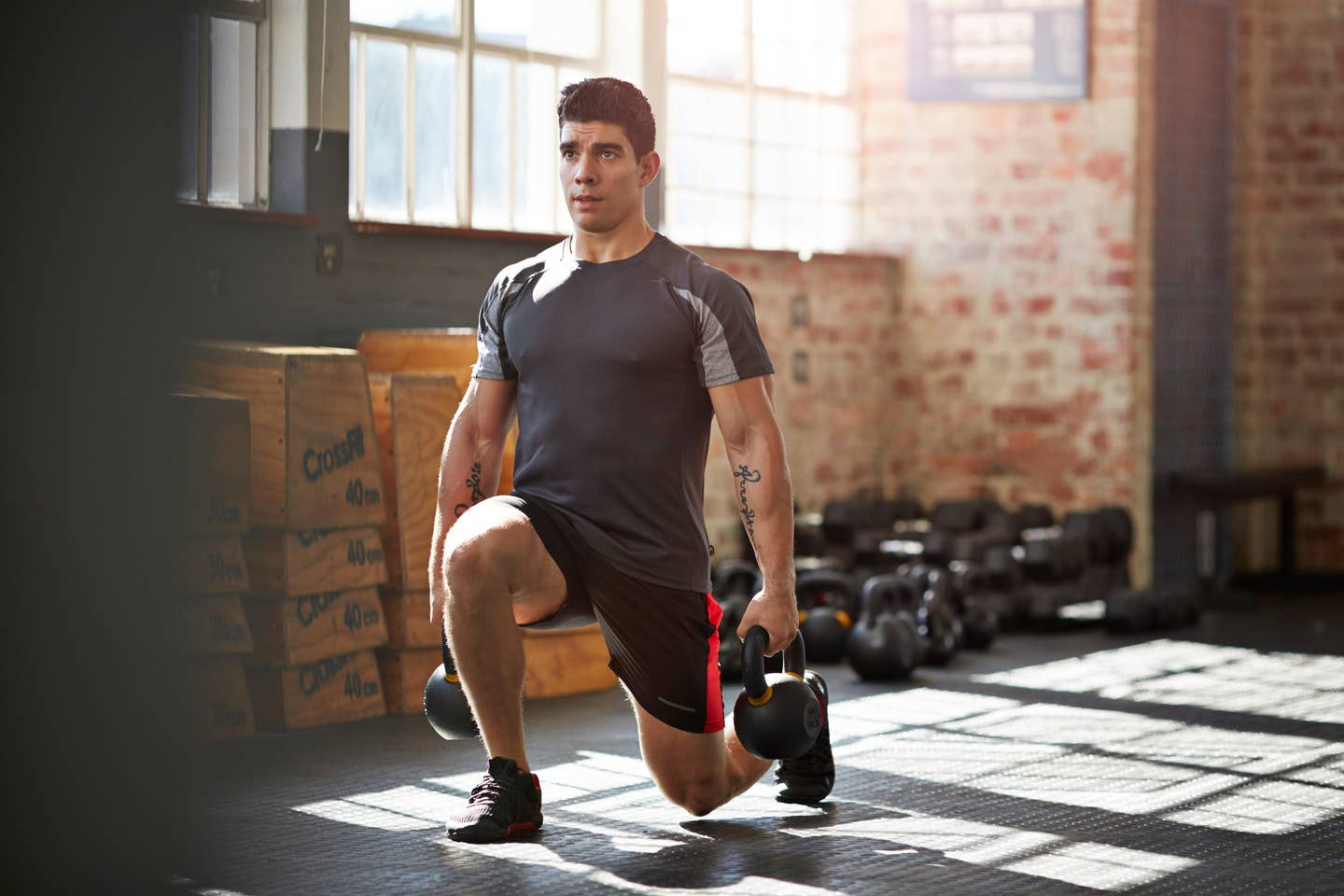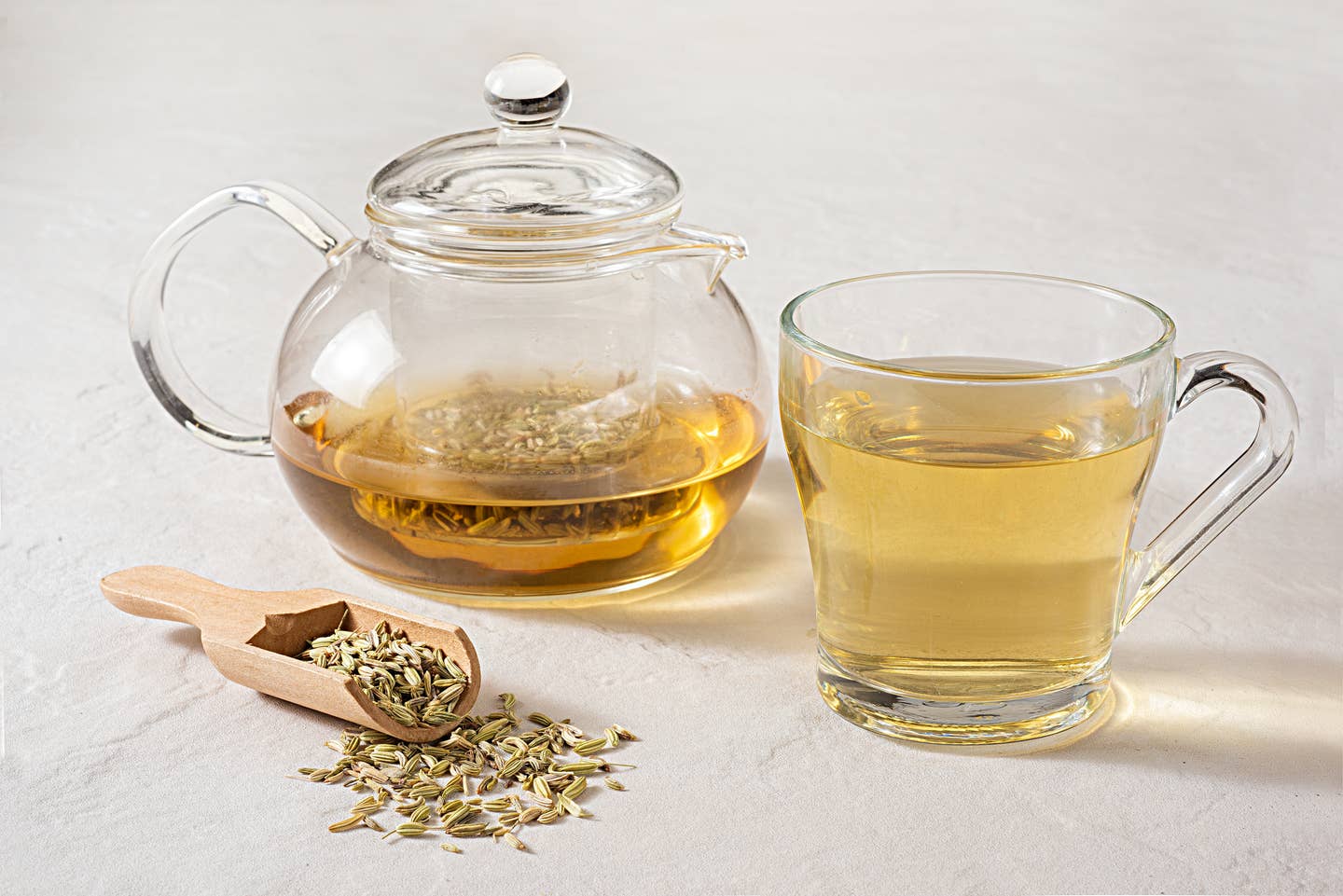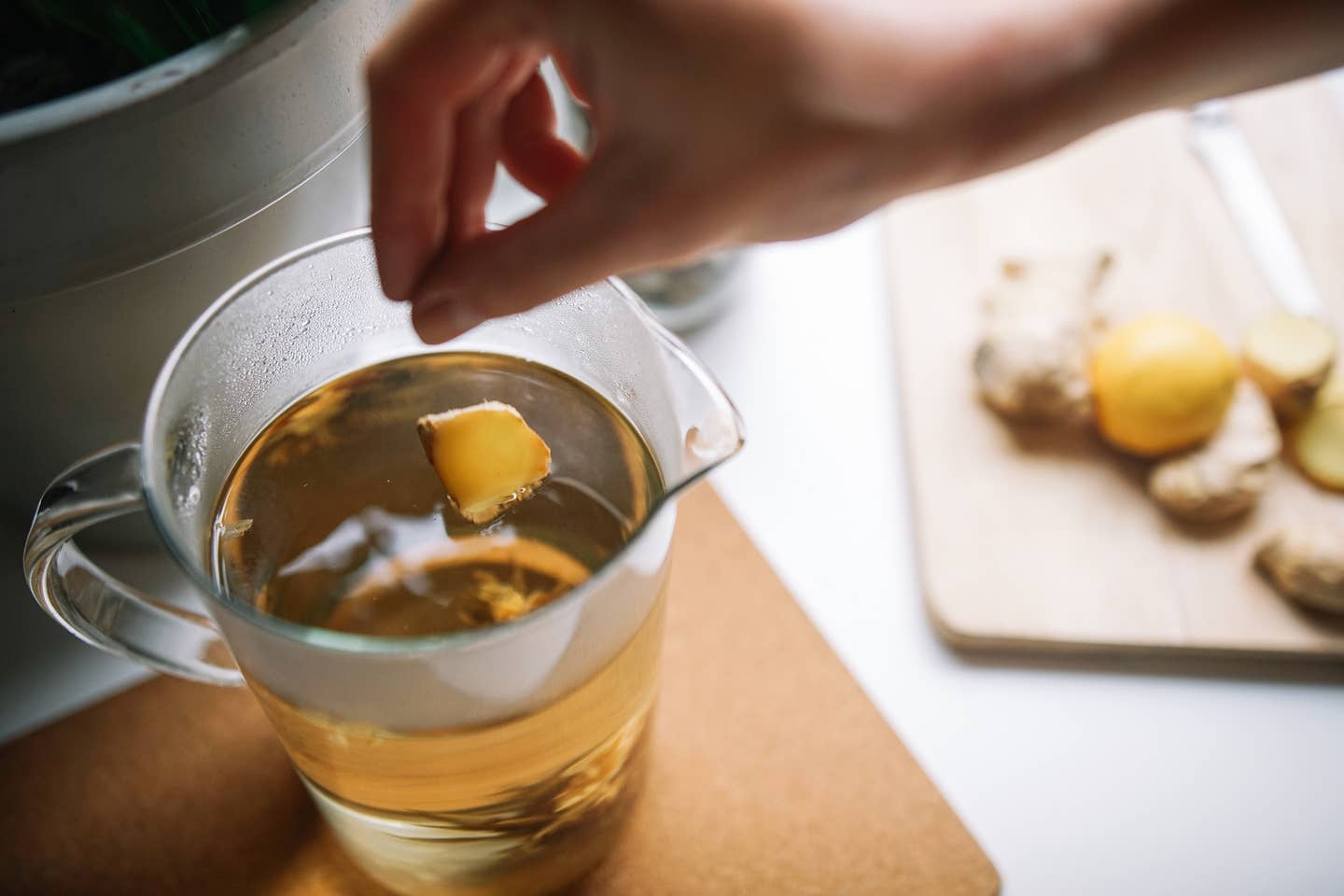
These 5 Herbs Can Increase Muscle Mass Naturally. Here’s What the Science Says
Americans have long been obsessed with building bigger muscles, and ever since Charles Atlas won back-to-back bodybuilding competitions in the early 1920s in New York City, the goal has been to build mountains of muscles to appear stronger, leaner, and present a masculine ideal that resembles early Arnold Schwarzenegger, before the acting career.
Perhaps it's no surprise that steroid use has been on the uptick in recent years among younger and younger athletes, especially high school competitors. The dangers of steroids are well known and anabolic steroids have been banned from international competition to protect athletes from a plethora of potentially harmful side effects that range from the mental, such as irritability and paranoia, to the physical, including kidney and liver damage, the risk of an enlarged heart, incidents of heart attack, stroke, plus hair loss, impotence and more.
Back in 2004, the United States Substance Abuse and Mental Health Services Administration determined that .5 percent of the population (or over 1 million Americans) had used anabolic steroids. In the younger group of 18- to 34-year-olds, fully1 percent of the population had used anabolic steroids. As of 2017, that number had grown, and even younger males were trying steroids: Over 1.1 percent of America's 12th graders were using steroids.
Rather than try to convince athletes that they don't need to build muscle to be faster, stronger, and more competitive, one strategy is to encourage replacing dangerous anabolic steroid use with natural herbs that can help the body's own process of building muscle mass naturally, without the need for synthetic hormones. Here are six popular herbs that are scientifically shown to help build muscle and lose body fat, if taken in a safe and moderate way.
Before you take any herbs or supplements be sure to talk to your doctor about whether they are safe and appropriate for you and your personal health profile. "Remember, just because an herbal supplement might be natural doesn't mean it's safe," the Mayo Clinic warns.
1. Kapikacchu & Safed Musli
A combination of kapikacchu (mucuna pruriens or velvet bean) and Safed Musli (chlorophytum borivilianum) has been shown to increase circulating growth hormone in exercise-trained men, according to the research. To put it another way, this simple combination of herbal supplements acts functionally like anabolic steroids by boosting growth hormone in the body.
The study notes that "future studies should seek to determine which of these agents is responsible for the effect on GH — in particular when delivered at the same dosage to the same subjects using a cross-over design.”
It may be that kapikacchu is more responsible for the increase in circulating growth hormone as it contains L-DOPA, the precursor to the neurotransmitter dopamine, which has been shown to effectively stimulate growth hormone.
Safed Musli has been shown to be spermatogenic and to increase testosterone, and animal research also shows that it might increase sexual activity and have effects similar to testosterone. But so far the research is preliminary.
2. Ashwagandha
Ashwagandha is a prominent herb in the Ayurvedic tradition, revered as an aphrodisiac, a mood regulator, and a boon to athletic performance. It has been used by athletes to improve muscular strength, resistance to fatigue, recovery from exercise.
Modern science concurs that ashwagandha is an effective herb for increasing athletic performance, as it has been shown to increase cardiorespiratory endurance. According to one study, “The test for VO2 max is perhaps the most commonly employed procedure in exercise physiology. This measurement determines an athlete's ability to take in, transport, and utilize oxygen and is probably the best assessment of the athlete's endurance capabilities.” Ashwagandha supplementation resulted in significantly higher VO2 maxes after eight and twelve weeks.
The study also found that ashwagandha also helps increase muscular strength, and exercise tolerance while lowering blood lipids and aid in the quality of sleep.
3. Rhodiola and Bitter Orange
Scientists have studied another pair of herbs—Rhodiola and bitter orange. The two herbs in combination have been shown to reduce adipose tissue (aka belly fat) in lab studies, but there are potentially risky side effects to bitter orange supplements that have been widely reported on because of its similarities to ephedra.
Bitter orange, which is not the same as the citrus we buy in the store, is a sour fruit native to East Africa, the Arabian Peninsula, Syria, and Southeast Asia. It is so sour that it's hard to eat by itself, but is commonly used as the main ingredient in some marmalades. Eating it, as opposed to taking it in supplement form, is considered safe.
Rhodiola imparts more benefits, by helping you recover from a workout by reducing “both lactate levels and parameters of skeletal muscle damage after an exhaustive exercise session.” Bitter orange is less widely praised.
The side effects and risks of bitter orange
Bitter orange sounds innocuous enough but contains synephrine, which is structurally similar to ephedrine, the main component in ephedra, which has been banned by the FDA as a dietary supplement.
Ephedra raises blood pressure and has been linked to heart attack and stroke. Bitter orange is commonly used as a substitute for ephedra in dietary supplements, and according to the Mayo Clinic is not worth taking for its potentially risky side effects.
Bottom line: Skip taking bitter orange, which can have unwanted side effects.
4. Saffron and Cinnamon
Both saffron and cinnamon have been proven to reduce delayed onset muscle soreness (or DOMS.) Regularly add some saffron to your savory dishes or cinnamon in your sweeter dishes will deliver carotenoids, which are powerful antioxidants that help reduce inflammation and allow your muscles to recover without that signature soreness that can stop you from training day after day.
A general rule when taking herbs is half of a teaspoon once or twice a day – this rule applies almost universally to powders. Dose tinctures as directed on the packaging. For saffron, use about four to six threads; saffron goes nicely in a hot tea with some steamed plant milk.
A muscle-building recipe is power tea: Boil your favorite tea blend (ditch the tea bag, and boil it loose-leafed and then strain it for a steeper brew), and add half of a teaspoon each of ashwagandha, kapikacchu, and Safed Musli powder, then add a generous amount of sweetener and steamed soy milk.
Whatever your athletic or aesthetic goals are, there are herbal supplements for every purpose one might take a synthetic supplement for. Try them in their organic form for herbs that are 30 percent more nutritious.
For more content like this, such as How Herbs Can Boost Your Libido, check out this story.
More From The Beet






